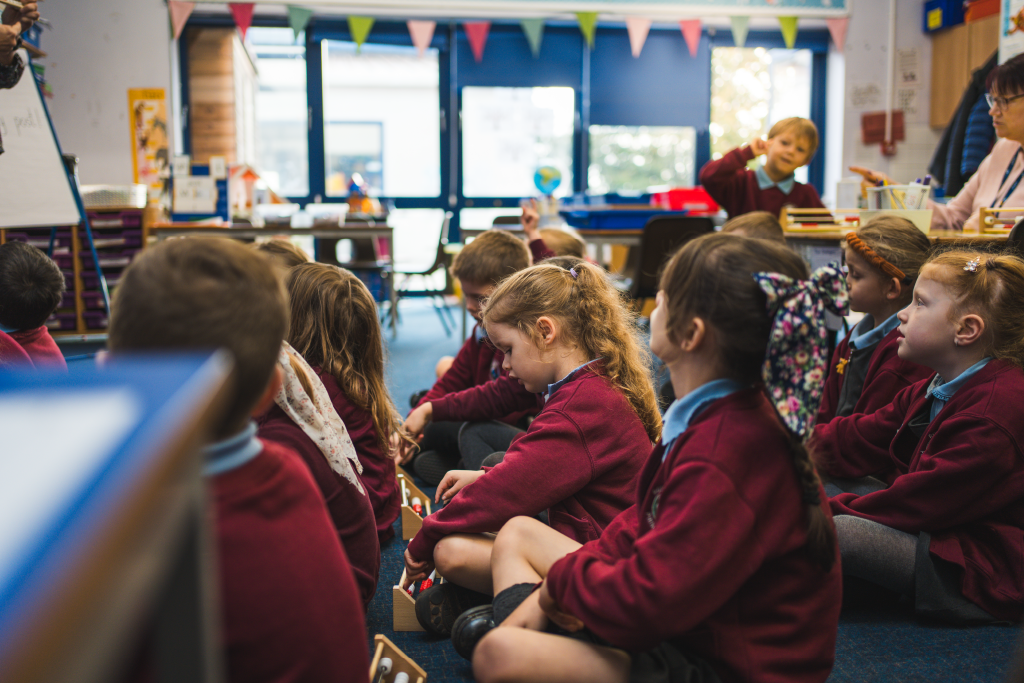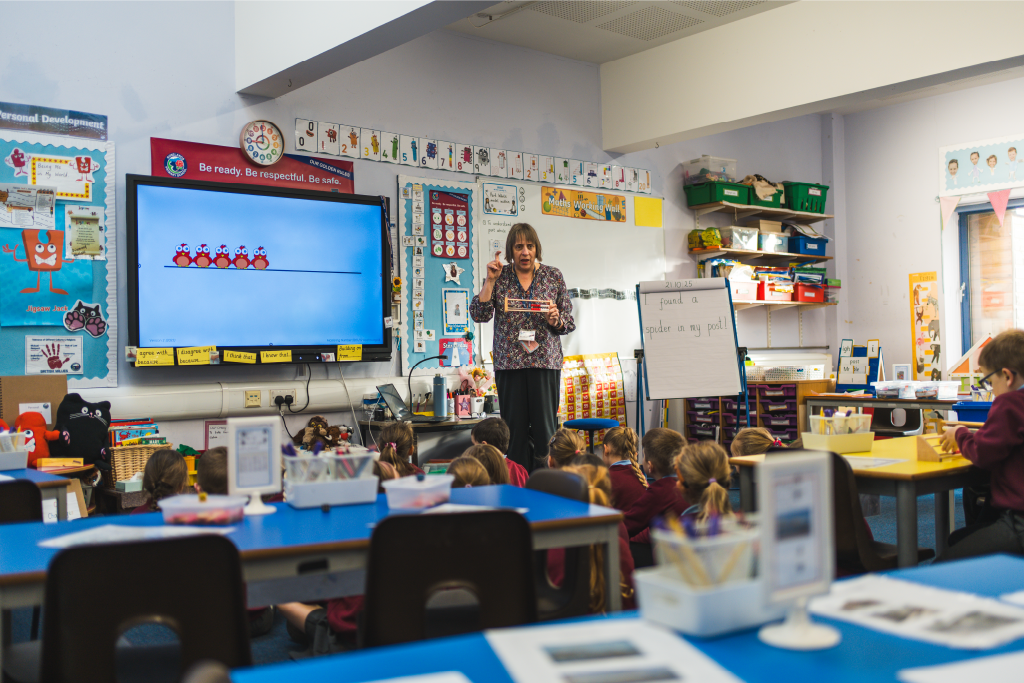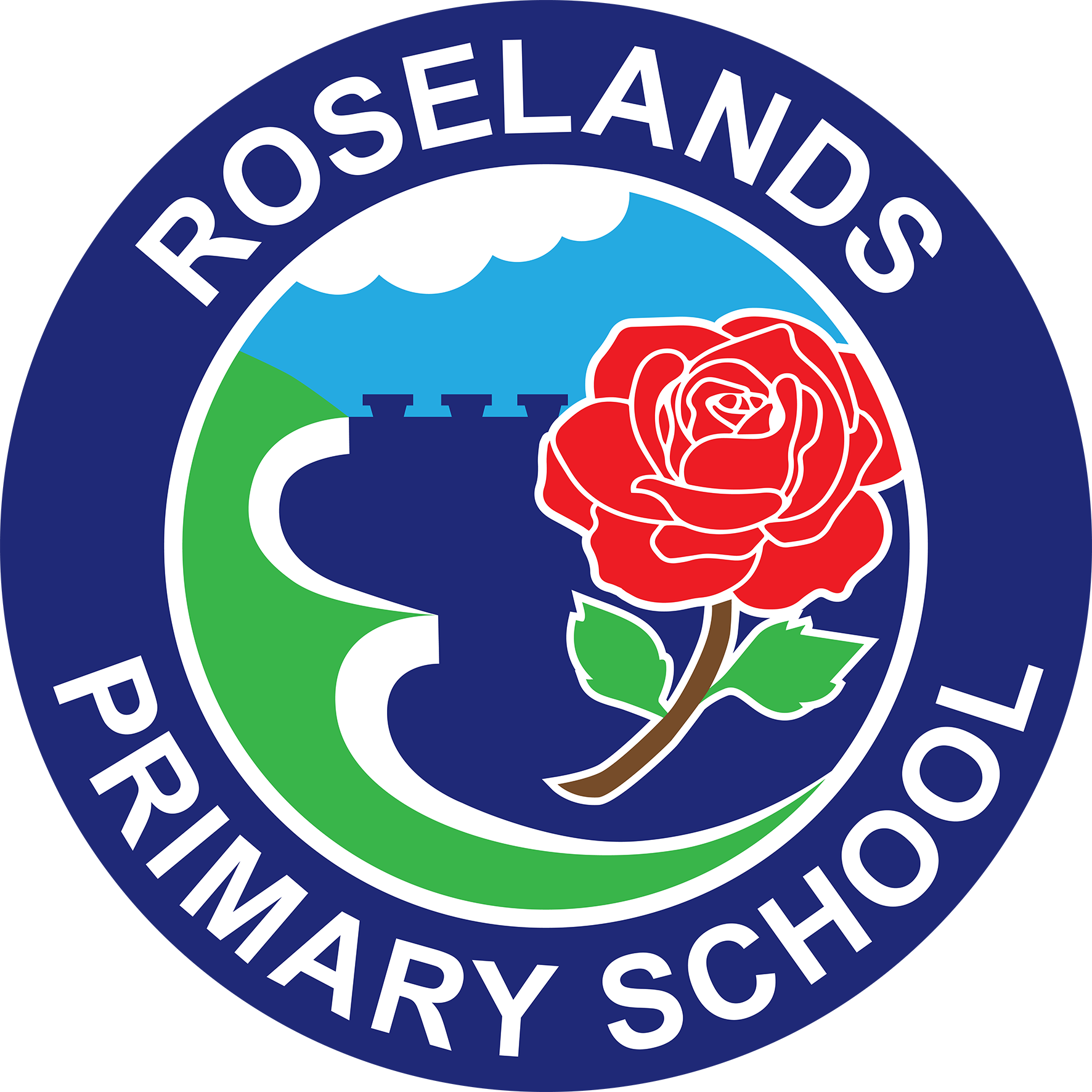Maths

At Roselands, the aims of the national curriculum (fluency, reasoning and problem-solving) are embedded within daily maths lessons and developed consistently over time.
We are committed to ensuring that children are able to recognise the importance of maths in the wider world and that they are also able to use their mathematical skills and knowledge confidently in their lives in a range of different contexts.
We want all children to enjoy mathematics and to experience success in the subject, with the ability to reason mathematically. We are committed to developing children’s curiosity about the subject, as well as an appreciation of the beauty and power of mathematics.
We believe pupils develop mathematical understanding through connecting new mathematical ideas and concepts to previous learning. Teachers use S-planning to ensure maths lessons are carefully sequenced conceptual journey. New concepts are taught through the use of carefully chosen models and images, which reveal the structure behind mathematical concepts and build understanding from year to year.
Pupils practise new learning, using a range of examples to deepen understanding, as well as applying their learning in a range of non-standard problems. We believe it is important for pupils to gain automaticity in basic number facts and procedures so time is given to develop mathematical fluency, which is planned and taught regularly.
We believe that all pupils should have access to high quality tasks and expect the majority of pupils to move on at broadly the same rate. Those pupils who grasp concepts quickly are provided with opportunities to deepen rather their understanding rather than simply moving onto new mathematical learning. To support pupils who are in danger of falling behind, we use pre-teaching and assigning competence as an intervention to enable more pupils to take an active part in mathematics lessons.
These principles and features characterise this approach and convey how our curriculum is implemented.
- Teachers reinforce an expectation that all children are capable of achieving high standards in mathematics.
- The large majority of children progress through the curriculum content at the same pace; Significant time is spent developing deep knowledge of the key ideas that are needed to underpin future learning. This ensures that all can master concepts before moving to the next part of the curriculum sequence, allowing no pupil to be left behind.
- If a pupil fails to grasp a concept or procedure, this is identified quickly and early intervention ensures the pupil is ready to move forward with the whole class in the next lesson.

- The structure and connections within the mathematics are emphasised, so that pupils develop deep learning that can be sustained.
- Practice and consolidation play a central role. Carefully designed variation within this builds fluency and understanding of underlying mathematical concepts.
- Teachers use precise questioning in class to test conceptual and procedural knowledge and assess children regularly to identify those requiring intervention, so that all children keep up.
- Children’s explanations and their proficiency in articulating mathematical reasoning, with the precise use of mathematical vocabulary, are supported through the use of stem sentences and generalisations provided by the teacher. These help the children to make connections and expose the structure of the maths.
The school has a supportive ethos and our approaches support the children in developing their collaborative and independent skills, as well as empathy and the need to recognise the achievement of others. Students can underperform in mathematics because they think they cannot do it or are not naturally good at it.
Regular and ongoing assessment informs teaching, as well as intervention, to support and enable the success of each child. These factors ensure that we are able to maintain high standards.
In reception, they develop children's number sense through counting, composition (knowing 2 and 3 is 5 and 4 and 1), cardinality (1,2,3,4 the name of the last one is 4 and the total of the set) and comparison.
In KS2, Maths lessons usually begin with a discovery task where children work collaboratively to explore a new concept in maths. This provides opportunities for productive struggle within a safe environment as well as activating pupils' prior knowledge (asking themselves what do I know already to help me with this).
New concepts are introduced in maths lessons in small conceptual steps with opportunities for pupils to practise new skills through carefully chosen questions and activities.
Pupils are given opportunities to apply their knowledge in investigative and problem-solving activities where they develop their ‘mathematical superpowers’: conjecture and convince; organise and classify; imagine and express; specialise and generalise. Each sequence's learning journey is exemplified through a working wall.
Maths will be sequenced as follows:
| Autumn | Spring | Summer | |
| EYFS |
Getting to know you |
Alive in 5 |
To 20 and beyond |
| Year 1 |
Place Value ( 10) |
Addition and subtraction (20) |
Multiplication and division |
| Year 2 |
Place value |
Multiplication and division |
Length and height |
| Year 3 |
Place value |
Multiplication and division |
Fractions |
| Year 4 |
Place value |
Multiplication and division |
Decimals |
| Year 5 |
Place value |
Multiplication and division |
Decimals |
| Year 6 |
Place value |
Decimals |
Statistics |
